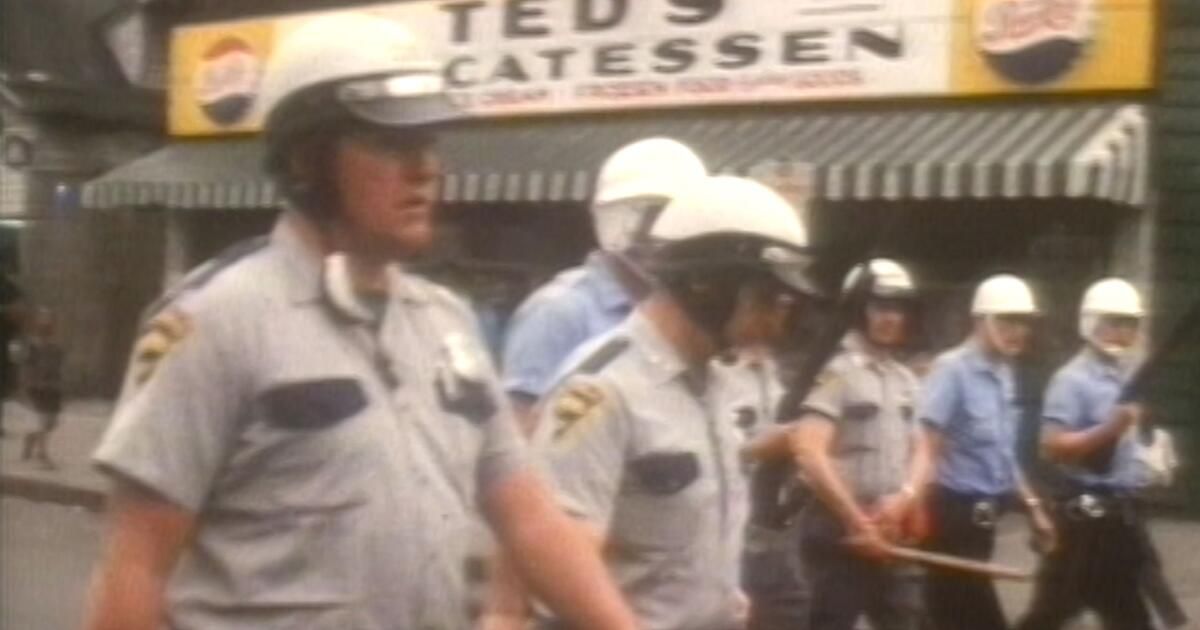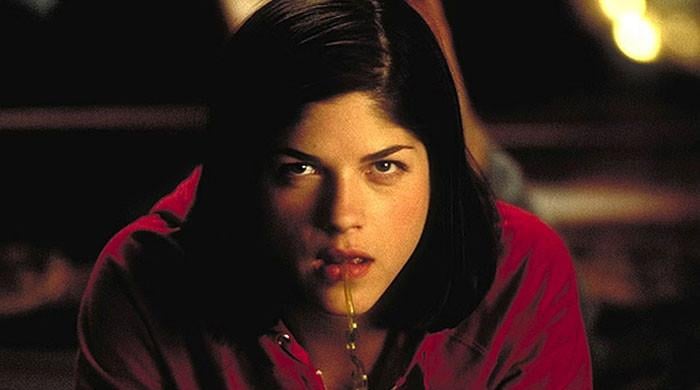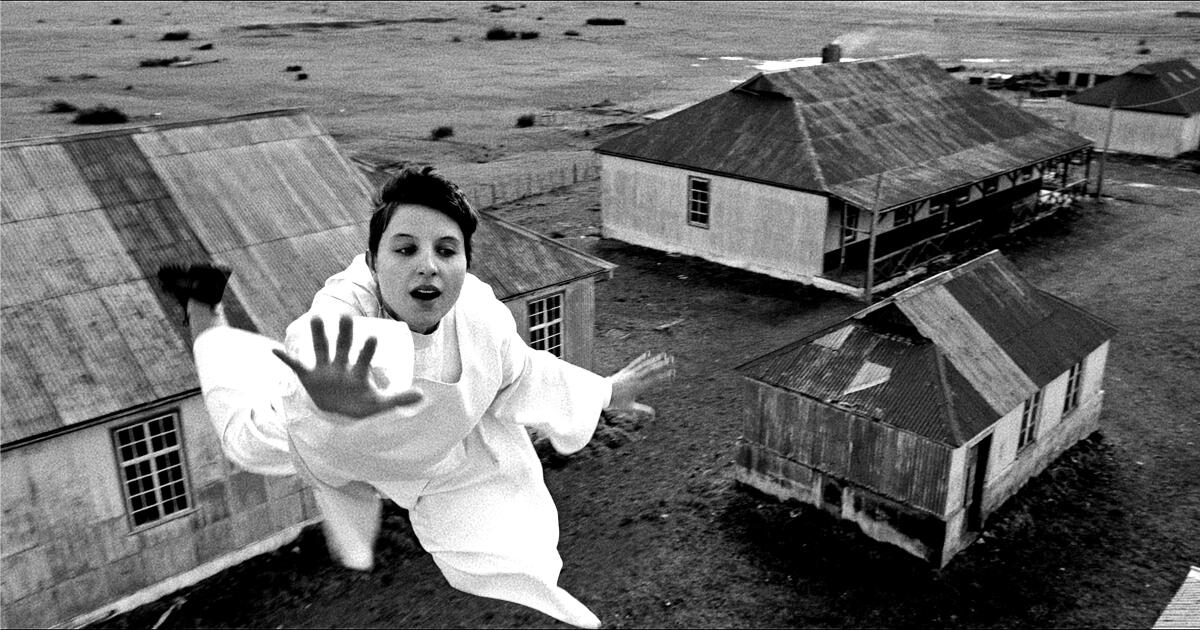The phrase “protect and serve,” forged by the Los Angeles Police Department and enshrined in police programs, worked hard over the years to spread a national image of police as civic gentlemen of a community. One could imagine a more grimly appropriate motto, however, after absorbing the new documentary “Power,” from “Strong Island” director Yance Ford, a searing examination of the forces that created American law enforcement as we know it: “control and repress.”
At the micro level, who is protected and who is controlled should not be a surprise to anyone who has a passing knowledge of our inequalities and has access to images of violent police interactions. What lingers, hauntingly, in the Academy Award-nominated filmmaker's deep dive into how we got to the point of egregious militarization, stop-and-frisk, the beatings of protesters, and the murder of George Floyd, is how it looks. macro: to what extent the (dis The operation of police departments arose from the worst instincts of a rising country towards those who were not white owners.
Minneapolis police inspector Charlie Adams, one of many interviewed by Ford, points out the line connecting the slave patrols of the antebellum South to today's police officers who stop black people and ask for identification. (Adams himself is black.) Other interlocutors, including professor Nikhil Pal Singh and sociologist Julian Go, explain the other sources of policing: frontier militias who cleared indigenous peoples' lands so whites could settle. As cities grew and the jaws of industry required workers, municipal forces monitoring immigrants broke strikes. Policing emerged from these dominant capitalist dynamics, rather than from an idealized vision of self-governance or a notion of security for all.
However, this is only the background to the scope of Ford's investigation, which lays bare the colonialist origins of the police, the legitimization of police violence and how even a moment of honest political clarity about civil unrest and black resistance could be used to reinforce authority. While the successful 1968 Kerner Commission Report may have correctly diagnosed poverty, failed policies, and racism as major problems, the only conclusion the government made was to add more police. And after 9/11, the solution was to add even more police, with more war-style weapons.
The archival element of “Power” is handled rigorously. One of Ford's most effective montages unites every president, from Nixon to Biden, defending law enforcement, a span of more than 50 years from “law and order” to “fund the police.” There are also revealing clips from old newsreels showing police aggression and an excerpt from a pre-Code melodrama glorifying badges called “The Beast in the City.” A real police curiosity from the vault is a 1970 documentary called “The Police Film” presented by Ben Gazarra, the actor's stern baritone selling him the need for social order as footage shows ants overcoming a threat to the colony.
The interviewees, meanwhile, are a formidable ensemble, offering insight after insight into American policing and its terrifying buildup in the face of repeated calls for meaningful, overdue reform. Mixed in with the scholarship is the compelling testimony of a Queens man of Indian descent who grew up during stop-and-frisk. He speaks movingly of the incremental weakening of self-esteem that comes with constantly being attacked to demonstrate strength.
As “Power” flows, Ford approaches the kind of impact Ava DuVernay’s “13th” had as a bracing social history lesson about out-of-control evil. In fact, the many fascinating aspects of the documentary, included in titles such as “Social Control,” “Counterinsurgency,” and “Work Against Violence” (with Ford himself providing occasional voice-over commentary or an off-camera cue), almost They call for a more intensive analysis. “Power” could easily have benefited from the docu-series treatment, although in less than 90 minutes it raises many more difficult truths and questions.
'Force'
Classification: R, for language and some violent content.
Execution time: 1 hour, 25 minutes
Playing: Laemmle Monica, West Los Angeles; on Netflix on May 17












